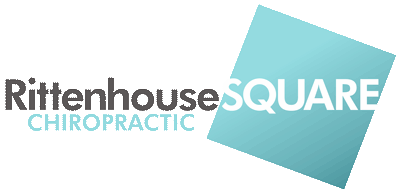What is TMJ?
The joints in the skull where the jaw bone connects and interacts with the skull are called temporomandibular (TM) joints. The pair of joints are found in front of each ear, and each is cushioned by a soft disc and connected to several muscles that control the movement of the jaw. When any part of the complex system of bones, joints, discs and muscles fail to work properly or cause pain, it is referred to as either TMJ (temporomandibular joint) or TMD (temporomandibular disorder).
Any number of conditions can cause TMJ, including:
- Arthritis
- Infections
- Injuries
- Prolonged open-mouth position
- Chronic clenching of jaws
- Auto-immune disease
- Frequent pressure on jaw from activities such as playing the violin or bracing a phone to the shoulder.
TMJ research suggests the possibility that environmental, hormonal and genetic conditions may contribute to the disorder, as well.
What Are the Symptoms of TMJ?
 Because many structures combine to make the jaw bone work properly, TMJ can present with quite a few distinct symptoms. Common indicators are:
Because many structures combine to make the jaw bone work properly, TMJ can present with quite a few distinct symptoms. Common indicators are:
- Locked jaw, usually open
- Limited jaw movement
- Clicking sound when moving the jaw or chewing
- Pain in the jaw muscles
- Headaches
- Problems with vision
- Stiffness in the jaw muscles
- Pain in the neck and shoulders
- Dizziness
- Pressure, ringing, pain or a sensation of fullness in the ear
- A bite that feels different or not quite right.
How Do You Treat TMJ?
Often, TMJ resolves on its own after a few weeks or months. But when the pain becomes chronic and begins to affect your quality of life, it may respond to several different treatment modalities, depending on which components of the system are creating the condition. An important treatment consideration for TMJ is to first attempt resolution without resorting to irreversible procedures. Surgery and bite adjustments would be considered irreversible.
Can Rittenhouse Square Chiropractic Help Me with TMJ?
The knowledgeable and friendly doctors at Rittenhouse Square Chiropractic have years of successful experience in treating TMJ. We start with a thorough evaluation and review of your total medical history. From there, we will devise appropriate therapies and teach you exercises to do at home to relieve your pain and prevent its return in the future.
While TMJ disorders can develop from a variety of sources, seeking chiropractic treatments first before pursuing irreversible procedures makes good sense.
